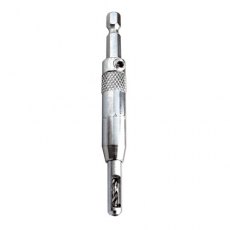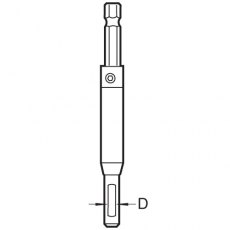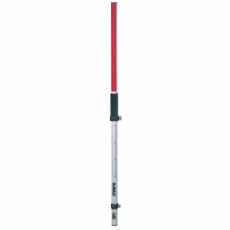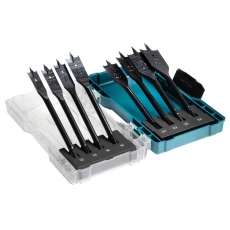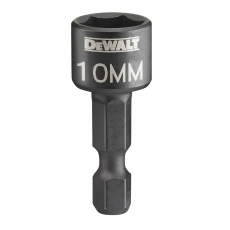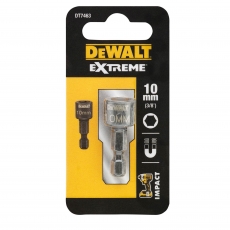Which DEWALT drill should I buy?

Broadly speaking, your DEWALT drills will fall into three categories, light, medium and heavyweight. If you're wondering which dewalt drill to buy, here's a quick guide. DCD stands for DEWALT Cordless Drill, and here’s a selection of the best non-corded products they have to offer.
Model
Voltage
Battery Capacity
Max Torque
Max. Drilling Capacity [Metal]
Purpose
DCD991P2
18V
5ah
95 Nm
15 mm
Heavy Duty
18V
5ah
70 Nm
13 mm
Medium Weight
10.8V
2ah
30 Nm
10 mm
Lightweight
18V
5ah
95 Nm
15 mm
Heavy Duty
DCD795P2
18V
5ah
60 Nm
13 mm
Medium Weight
DCD985M2
18V
4ah
80 Nm
13 mm
Medium Weight
READ MORE: How To Use A Power Drill For The First Time
Which battery capacity do I need?
A cordless tool rises or falls on its battery. Battery capacity is measured in ampere hours (Ah). There is a misconception that larger Ah batteries are more powerful, but this isn’t the case – the larger the Ah, the longer the runtime on the battery between charges, but this runtime could be affected by the application of the product in use. The best way to choose a battery capacity is to first consider your budget and what job you have in mind for the tool. For jobs that only require the tool for occasional use, a small Ah battery should be adequate, for jobs that require frequent use throughout the week, certainly look for a larger Ah capacity.
Which drill voltage should I choose?
Voltage is the power that will drive your tool, the higher the voltage, the more powerful your machine will be. Just like when choosing your Ah capacity, you should consider the application of the tool and your budget. Low voltage models, such as the DCD716D2, are ideal for smaller light weight applications such as screwdriving and light drilling using DEWALT’s 10.8v battery system. By far the most popular voltage we stock is the 18v range, not only giving the user the power where they need it, but also the portability too.
What is torque?
Torque refers to the rotary turning force of the device. The higher the torque you have, the larger the fastener or drill bit that can be driven. Most Combi Drills and Drill Drivers will have multiple torque settings that link back to the machine's clutch system. This is adjusted using the numbered collar located behind the chuck and gives the user much more precision when screwdriving by engaging the clutch at the selected torque and then this doesn't drive the screw too far into the material being worked on.
What is an SDS drill?
An SDS hammer drill has a hammer piston which beats the drill bit as it rotates to be more impactful making these drills ideal for working in stone and masonry. SDS stands for self-direct system and the drill bits and chisels with the SDS fitting click and lock directly into the chuck. A majority of SDS drills give the option to turn the hammer drill off so that you can use it for lighter weight jobs too, using an SDS adaptor and a standard keyed or keyless chuck. You can also turn off the rotation function and use a chisel bit to chip away at brick or concrete walls. This is helpful if you need to hide wires or cables in the wall or even when you need to remove plaster from brickwork. DEWALT signifies the hammer drill with the prefix DCH – DEWALT Cordless Hammer. The letters at the end signify whether the drill will be body only (N), or that it comes within a package, for instance with 2Ah Li-ion batteries (D) 4ah Li-ion batteries (M) and 5Ah Li-ion batteries (P).
What about DEWALT impact drivers?
DEWALT impact driver's main purpose is to drive large fasteners, long screws and lag bolts (with the use of an adapter). An impact driver drill will be signified by the suffix DCF – DEWALT Cordless Fastening. ]
READ NEXT: Discover The Complete DEWALT POWERSTACK Range Today
Read More From ToolStore UK
DeWalt vs Makita - The Complete Guide
Read MoreBest Cordless Power Drills For 2022
Read More- 9th September 2019



